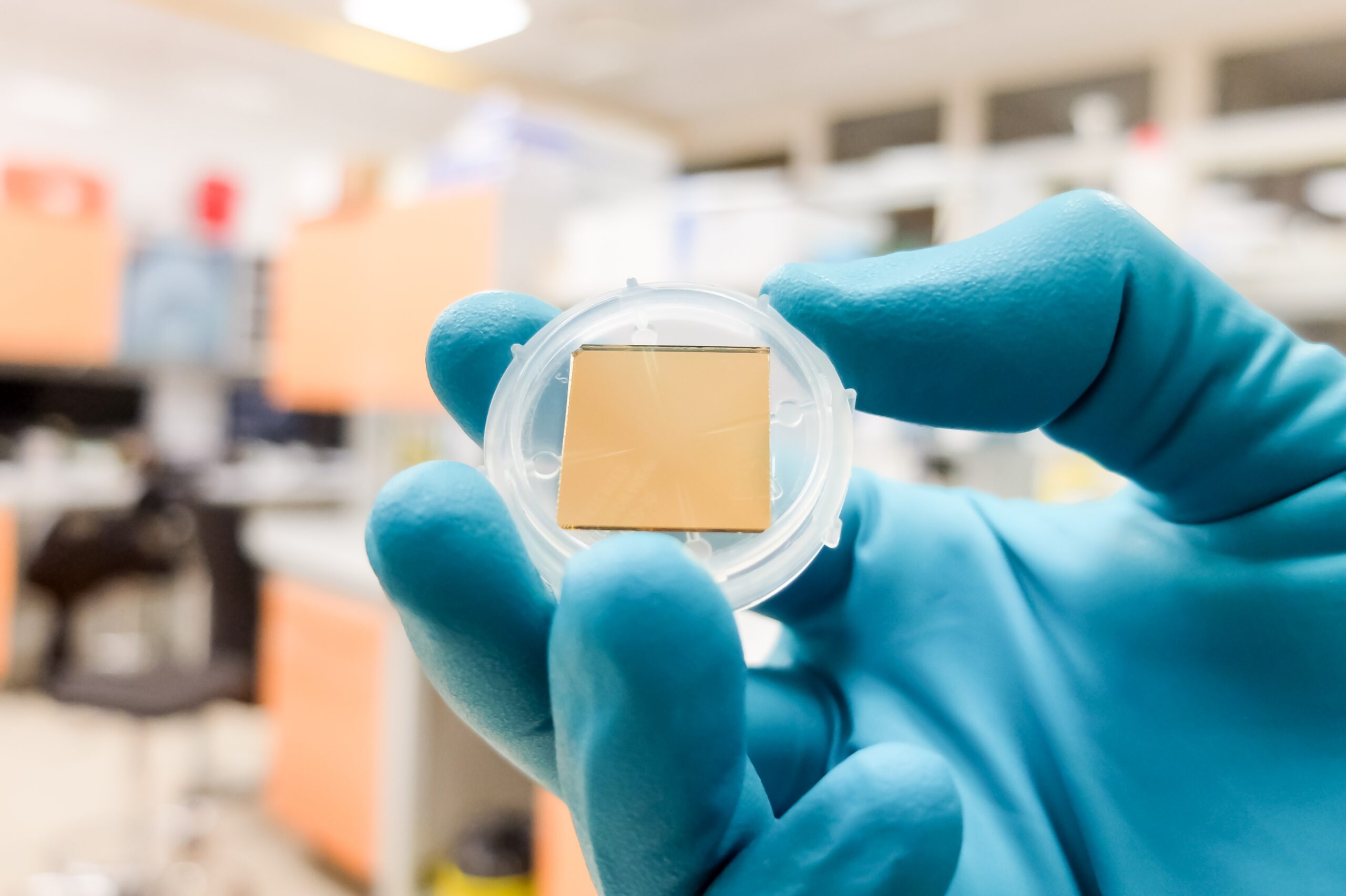Research Areas
Biophotonics – Sensing
Photonic biosensing is an emerging multidisciplinary research area that is driven by the need for simple, fast and cost-effective diagnostic tools in the food and health sectors, in order to replace the complex, time consuming and expensive methods used today. Usually, photonic biosensors are nanophotonic devices fabricated in a variety of platforms (silica, silicon, silicon nitride, polymer) using high-volume production technology, which makes them very cheap and compact. As a result they are most suited for applications like lab-on-chip (LoC), e.g. for food safety and disease detection, especially in the developing world where laboratory infrastructure is difficult to access or unavailable, and optical coherence tomography (OCT), e.g. miniature OCT systems for low-cost medical imaging or non-destructive testing in industry.

The PCRL has been involved in this specific research area through conceptualization and design of novel photonic devices with highly desirable features for photonic biosensors. Additionally we are involved in designing and realizing the electronic read-out systems of the biosensors, from the hardware up to software level (algorithms for digital signal processing). Being a multidisciplinary research area, the PCRL has established collaborations with highly qualified institutes in biochemistry, chemistry and physics.
